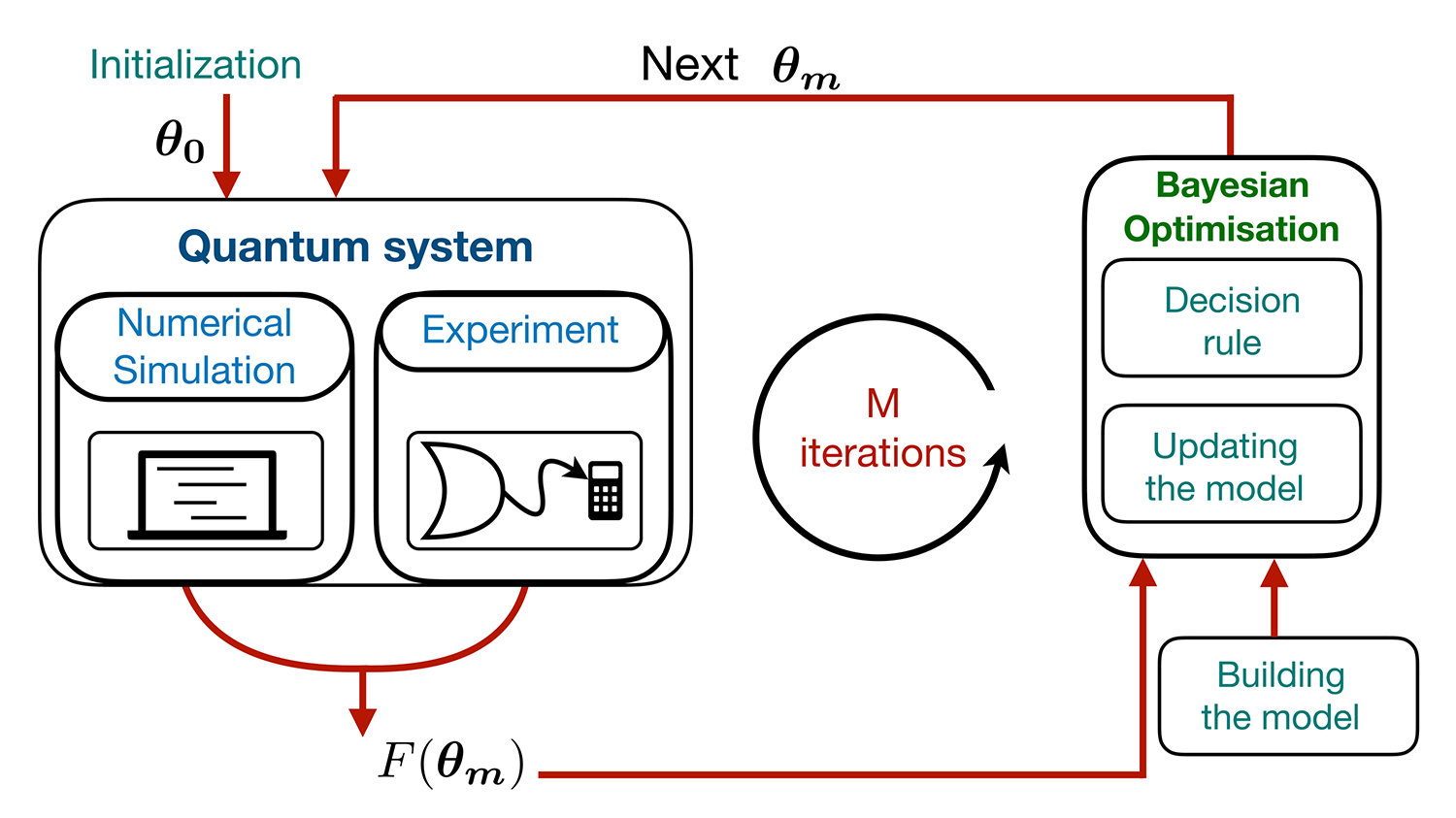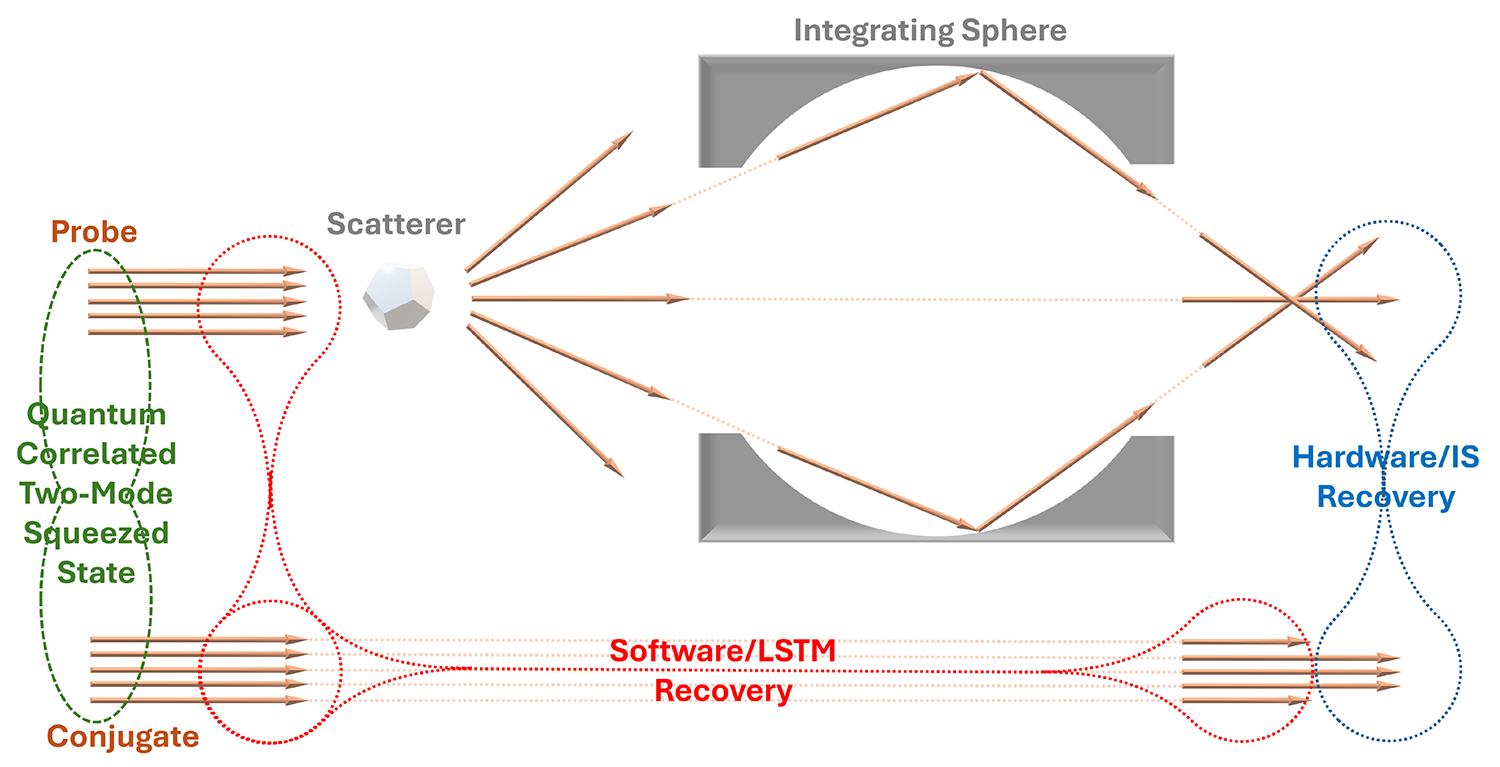Quantum Control
Quantum control refers to the ability to manipulate quantum systems, such as atoms, molecules, or qubits, to produce specific outcomes. Typical control fields are lasers, independent electric and magnetic fields but ultimately depends on the quantum system that needs to influenced. It involves using precise techniques to direct how these particles behave or interact while preserving their quantum characteristics. This control is crucial for applications like quantum computing, sensing, and communication, where small adjustments can significantly affect the system's performance.
In the theory group, techniques of optimal control theory and machine learning are adopted and applied to various quantum systems to achieve goals such as improving state preparation fidelity needed for an algorithm or enhancing gate fidelity for quantum circuits.
In the experimental group, schemes that involve both hardware engineering and software development (e.g., through machine learning architectures) are applied to quantum systems to suppress decoherence and loss, ensuring that quantum correlations and entanglement can survive after transmission through noisy quantum channels.
Principal Investigators: Rick Mukherjee, Tian Li

Fig. 1: Bayesian based closed loop quantum control theory taken from [3] in Publications.

Fig. 2: Schematics that depict the hardware-based and software-based quantum control schemes for scattering mitigation detailed in Refs. [8] and [11] in the Publication list.